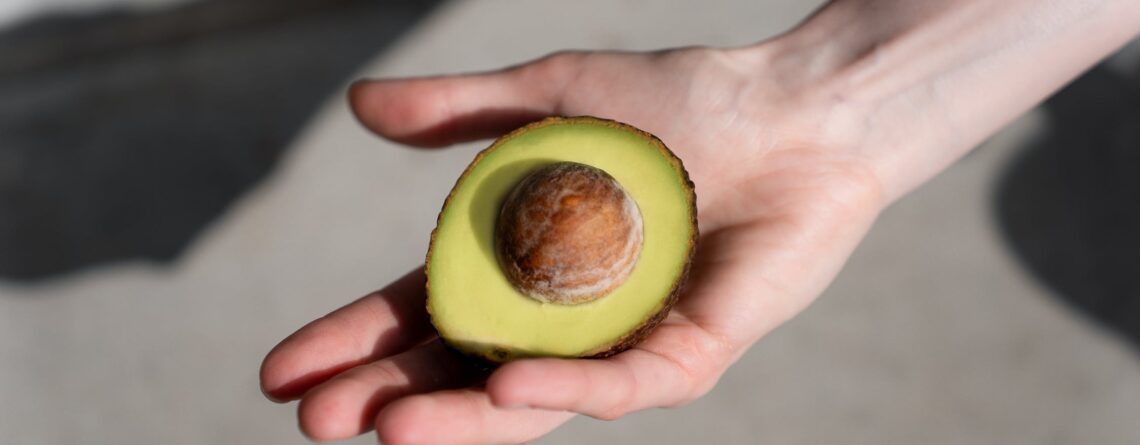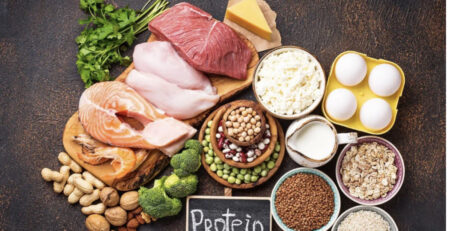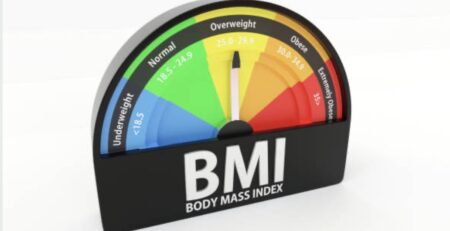Fuelling Recovery: The Crucial Role of Healthy Fats in Rejuvenation
Recovery foods extend beyond proteins, and healthy fats are an indispensable component in this nutritional journey. Not only do fats provide essential energy, but they also play a pivotal role in cell growth, hormone production, and the absorption of fat-soluble vitamins. Dive into the science of fats, understand the importance of incorporating mono and polyunsaturated fats into your diet, and discover the sources that support health and efficient recovery.
The Importance of Fats in the Diet
Fats serve as more than just an energy source; they are vital for fundamental physiological functions. From cell growth to hormone production and the absorption of fat-soluble vitamins (A, D, E, and K), fats are essential for overall well-being.
Choosing the Right Fats for Recovery
The types of fats consumed significantly impact health and recovery. Prioritize mono and polyunsaturated fats, steering towards sources like avocados, olives, oily fish, and various nuts. Oily fish, rich in omega-3 fatty acids, not only provide energy but also play a crucial role in managing inflammation, supporting brain function, and nurturing the central nervous system.
Mindful Consumption of Saturated and Trans Fats
While fats are integral, it’s essential to be mindful of saturated and trans fats. Limit the intake of saturated fats found in processed meats, fatty meats, and certain dairy products. Minimize trans fats commonly found in fried foods, takeaways, and processed snacks, as they pose risks to long-term health.
Types of Fats and Their Sources
- Monounsaturated Fats: Avocados, olives, olive oil, rapeseed oil, almonds, cashews, hazelnuts, peanuts, pistachios, spreads made from these nuts.
- Polyunsaturated Fats: Oily fish, corn oil, sesame oil, soya oil, flaxseed, pine nuts, sesame seeds, chia seeds, sunflower seeds, walnuts.
- Saturated Fats: Processed meats, fatty meats, hard cheeses, whole milk, cream, butter, lard, ghee, suet, palm oil, coconut oil.
- Trans Fats: Fried foods, takeaways, snacks like biscuits, cakes, pastries, hard margarines.
Fueling Recovery Through Smart Fat Choices
Incorporating healthy fats into your recovery routine is a strategic step towards optimal well-being. Choose nutrient-dense sources, prioritize mono and polyunsaturated fats, and be mindful of saturated and trans fats to support efficient recovery and long-term health.
For more insights into nutrition and recovery, visit SportNutarian. Nourish your recovery, fuel your resilience.


















